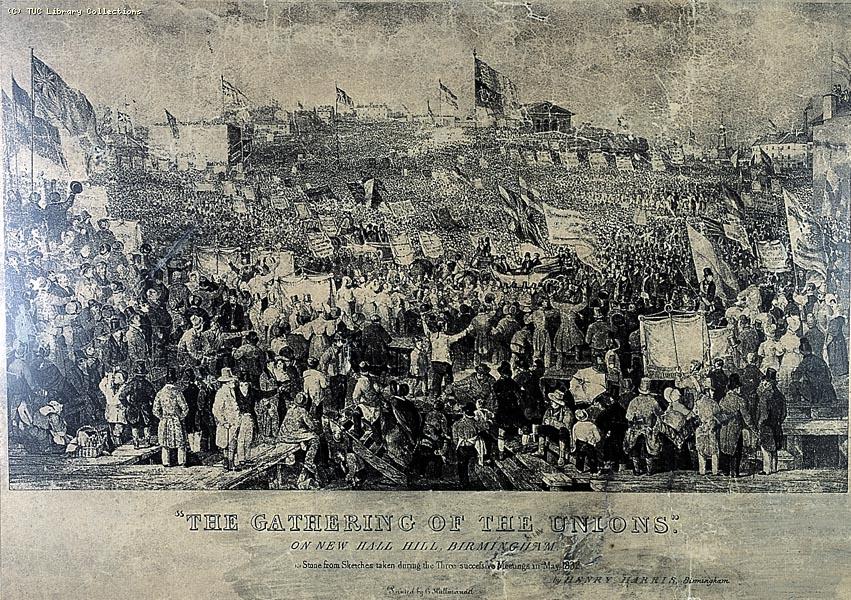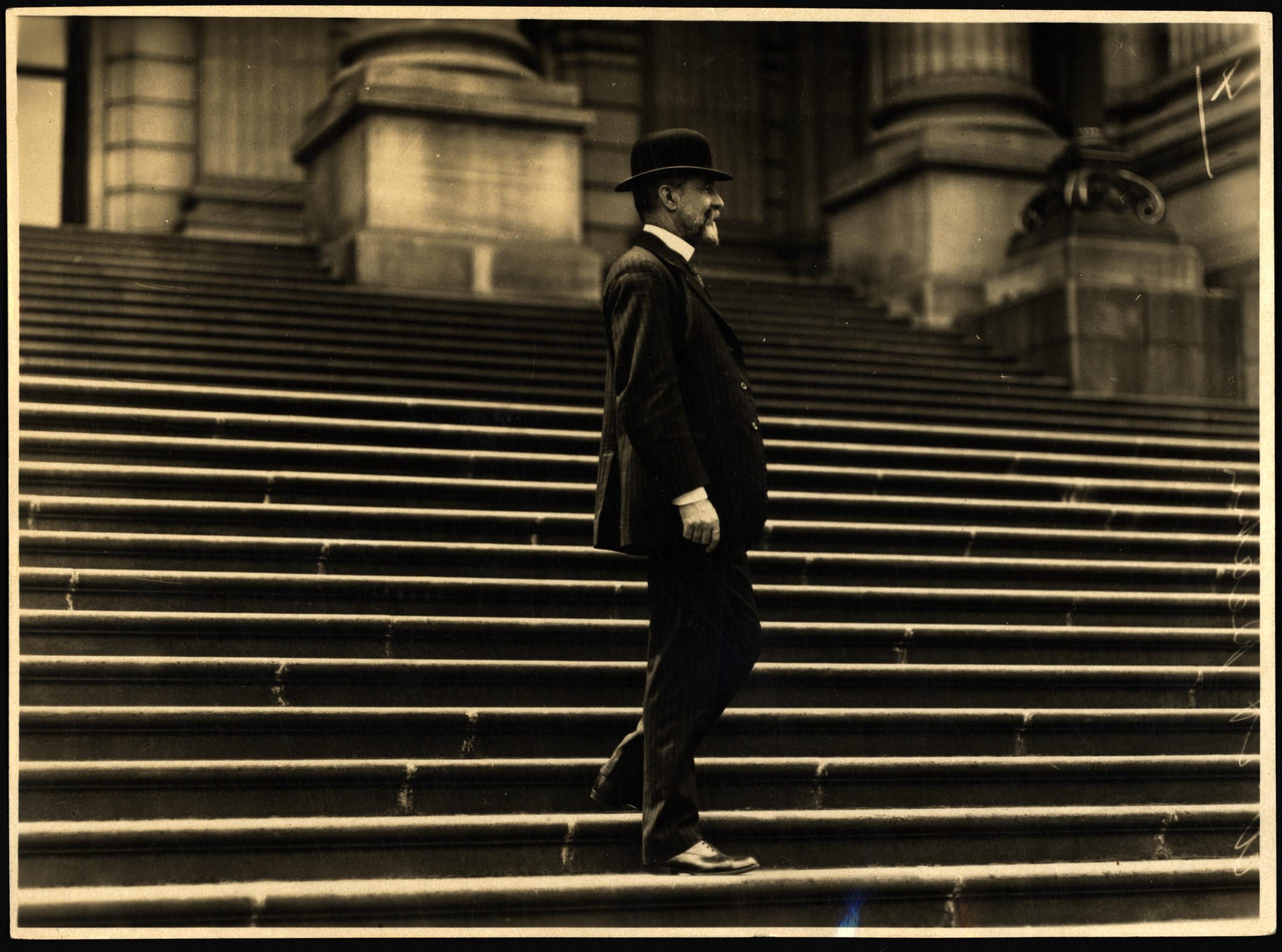My thanks for our English heritage
Image: birminghamhistory.co.uk

As many of us enjoyed a holiday for the Queen’s Official birthday, the Museum of the Australian Democracy @MoAD reminded us that in 1832, the day also saw the passing of the Great Reform Act, which ‘revolutionised’ voting and parliamentary representation in England and allowed people (or at least men) a greater say in government decisions made on their behalf. The success of this Act taught a generation that change was possible and that it could be achieved by a determined effort by people who were prepared to fight for it long enough.
Henry Parkes would be one whose life would be forever changed for the better by the Reform movement in England.
In 1823, Henry Parkes and his family were thrown off the land that they had farmed for generations, unable to pay the rent. The family was forced apart, in a desperate bid to find work and a means of survival. For Henry, not yet 10 years of age, it saw a time of: “suffering and hardship which soon resulted in bleak and lasting destitution” (Henry Parkes (1844) Letter to Lord Leigh).
Some years later, the Parkes family finally found work and a home in Birmingham. Birmingham was the heart of the Reform movement and exposed young Henry to much broader possibilities; it showed him that individuals like Thomas Attwood could make a difference in the lives of others and inspired in him an energy and a vision that fuelled his drive for social reform and good government for his entire life.
In 1839, Henry Parkes emigrated to Australia. He brought few material items with him. What he did bring was that strength of character, vision and optimism as did many of his contemporaries who set out to make a better life in a new land. We have much to thank England for in what was bequeathed to us through the experiences and expectations of its many free emigrants.
In this great tradition of seeking change for the better, yesterday some 700 Australians were recognised in the Queen’s Birthday Honours List , ‘ordinary Australians’ who have achieved extraordinary things across many fields that makes life better for the rest of us.
What has this to do with Federation? Much like the Great Reform Act, there is still work to do on the arrangements that govern our Federation. Federation was achieved through the adoption of the Commonwealth Constitution by the Australian people in the 1890s. There is no doubt that what ‘white Australia’ saw as ‘normal’ in the 1800s is very different to the way we live today and behaviours once considered acceptable no longer are, nor should they be.
The events of history and the examples of others prove that change for the better, however difficult, is possible for those who see a ‘need’ and are prepared to fight for it for as long as it takes.
Whether you believe that change is necessary for our Federation or not, you may like to consider whether you are at least prepared to listen to those who do …
… on constitutional recognition of Indigenous Australians?
… on how the Commonwealth, State and Territory governments work together?
… on which governments get which taxes and how much?
… on whether you want to vote directly on whether same sex marriage is recognised?

“The Gathering of the Unions” Newhall Hill, Birmingham 1832.
Source: birminghamhistory.co.uk

Reform Act 1832 First Page
Source: British parliament, Public domain, via Wikimedia Commons
Article Posted: July 30, 2015
